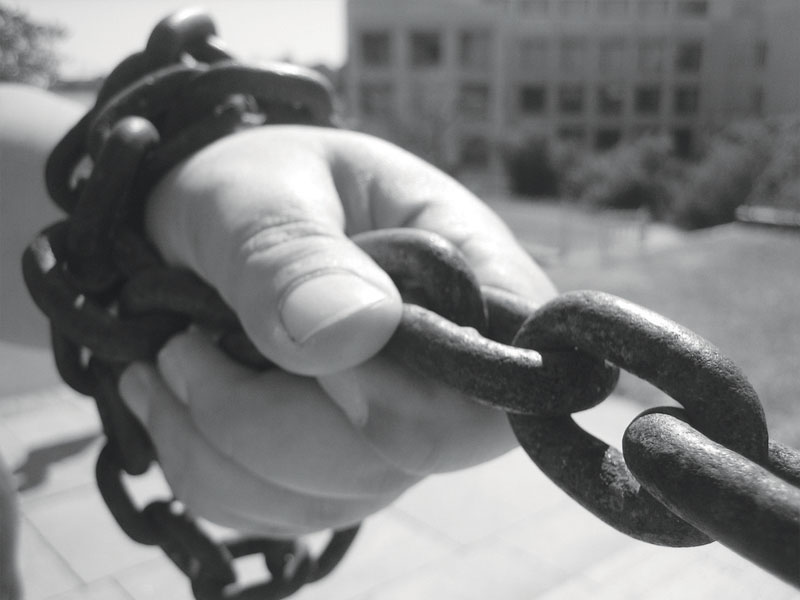The Self and The Other
Issue 23

This paper highlights the changes to which heritage has been subject, changes that affect folk culture as a whole and introduce serious challenges to efforts to preserve and record elements of non-material heritage. Now more than ever, it is vital that we find more effective ways of protecting authentic heritage from globalisation.

International organisations’ efforts must be re-evaluated by taking into consideration their programs’ achievements in different countries; more attention must be given to heritage research institutions and those who work in the field of heritage.
To preserve heritage’s authenticity, efforts should be exerted on multiple levels, by re-evaluating existing heritage research centres, and providing well-trained people who can keep abreast of developments in research methodologies, software applications and other tools of modern technology. The people who work in heritage preservation must have a deep-seated belief in folk culture’s role and value; this belief must be accompanied by scientific knowledge and the ability to use modern techniques.
We need more opportunities to re-produce heritage within the framework of long-term policies that include emphasising the importance of heritage in the curricula at schools, and in media and tourism promotions.
Heritage is threatened by the dominance of imported culture, and countries must raise awareness of their national cultural heritage. It is important to remember Claude Lévi-Strauss’s speech to UNESCO, when he said that it is necessary for peoples to limit their exchanges and keep their distance from each other. Although it takes an effort to maintain this distance, it is not impossible.
The recent developments in research tools and curricula for researchers and experts enable them to promote national heritage and to highlight its authenticity so that heritage can withstand imported culture without preventing nations from freely exchanging ideas, beliefs, customs and knowledge through different historical eras.
Throughout history, ‘The Self’ has always looked at ‘The Other’ - sometimes with astonishment and sometimes with fear - with ‘cultural balance’, the ability to interact without a loss of identity.
Nahla Abdullah Imam
Egypt



































































